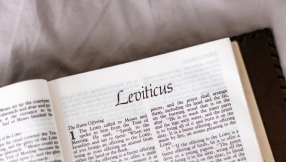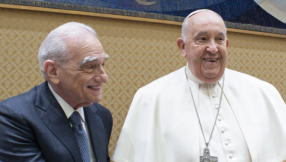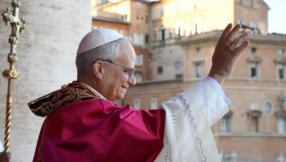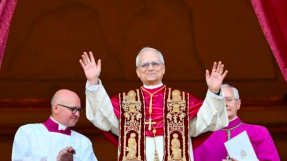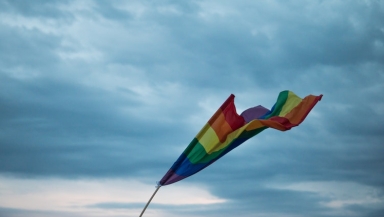
Before it has even started, the Archbishop of Canterbury's hope, "not to have the whole Lambeth Conference spent talking about issues of human sexuality," seems to have been dashed.
Last week the Conference organisers published Lambeth Calls: Guidance and Study Documents, setting out the "draft" text of 11 'Lambeth Calls' on topics such as Sustainable Development, Discipleship and Science and Faith.
After a months-long process involving a group of senior bishops, each Call attempts to put the subject in its theological and historical context, followed by a choice to "affirm" the Call or suggest it requires further discernment. They are intended to be "what the bishops of the Anglican Communion gathered in Canterbury in 2022 want to say about this topic or issue now".
Almost immediately, the Anglican Twittersphere lit-up with concerns about, yes, human sexuality. The 'Call on Human Identity' referenced the last statement of a Lambeth resolution on the issue from 1998, known to all as "Lambeth 1.10".
This describes marriage as being "between a man and a woman in life-long union" and states that "legitimising or blessing of same-sex unions cannot be advised."
The initial response raised by the globally small minority of Anglicans who have long repudiated the statement - and some having already introduced same-sex blessings or marriage - concerned matters of principle. In the words of the Bishops of the Church in Wales, the draft "undermines and subverts the dignity" of the LGBT+ community.
Inevitably, however, questions of process ensued. Could the Conference reject a Call? Had the drafting group signed off the final draft or had there been a late insertion without their knowledge? If so, had it been done at the demand of the orthodox bishops of the "Global South".
In response, Bishop Tim Thornton, Chair of the Lambeth Calls Subgroup, then announced the issuing of a revised Call, probably on Tuesday, just two days before the Conference opens.
Is it possible that the new draft will solve the decades long conundrum? Or will the Anglican merry-go round on human sexuality just continue to revolve? We will know soon enough.










